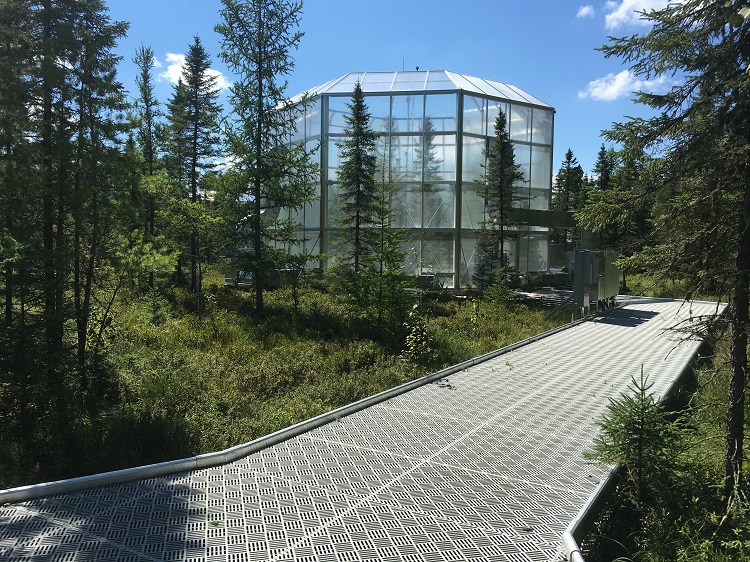PS Seminar: Thermal acclimation of photosynthesis: patterns and diversity of plant responses to warming
Speakers
Content navigation
Description

Climate change will increase global mean temperatures 3-4 °C by the end of the century, with even greater warming predicted for high latitudes. This warming will affect photosynthesis, a temperature-sensitive process that helps dictate plant growth and yield. Warming-induced shifts in photosynthesis can then feed back onto the climate system by altering the global carbon cycle, mitigating or accelerating further climate change. Understanding how plant carbon fluxes acclimate to future temperatures is therefore critical for accurately predicting the trajectory of future climate change, as well as for estimating plant productivity in a warmer world. I’ll discuss how elevated growth temperatures impact photosynthetic processes, using meta-analyses, modeling and recent results from my lab, highlighting both what we know and the key questions that remain to be answered.
Dr. Danielle Way is an Associate Professor in the Department of Biology at the University of Western Ontario, Canada, an adjunct Assistant Professor at the Nicholas School of the Environment at Duke University, and is currently a Visiting Fellow in the Division of Plant Sciences at the Australian National University. Dr. Way and her lab focus on the impact of elevated growth temperatures and CO2 concentrations on plant carbon fluxes, to better represent vegetation-atmosphere carbon exchange in large-scale models under future climates. She has published over 60 papers, and her work on global change biology has been recognized through her election to the Royal Society of Canada’s College of New Scholars, Artists and Scientists. Dr. Way also has a keen interest in scientific publishing, and is the Associate Editor-in-Chief for Tree Physiology, Chief Editor of Tree Ecophysiology for Frontiers in Forests and Global Change, and a Topic Editor for Plant, Cell & Environment.
Location
Eucalyptus Seminar Room, S205, Level 2, RN Robertson Building (46)
